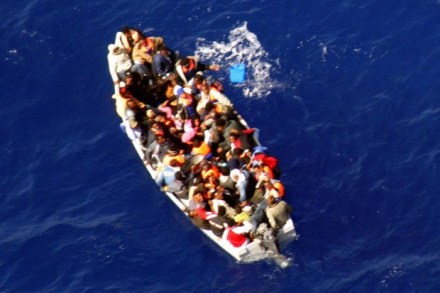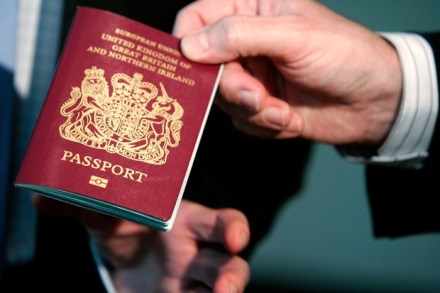The Great Migration is a sign of increasing wealth, not abject poverty
The migration crisis is about more than Syria. A few weeks ago, Theresa May repeated one of the biggest mistakes in politics: thinking that third-world development will somehow mean fewer migrants. In a Daily Telegraph article, she argued that:- ‘We must help African countries to develop economic and social opportunities so that people want to stay.’ Give aid, not shelter, runs the argument – and she’s not the first to make it. ‘As the benefits of economic growth are spread in Mexico,’ Bill Clinton once assured Americans, ‘there will be less illegal immigration because more Mexicans will be able to support their children by staying home.’ When José Manuel Barroso led



















